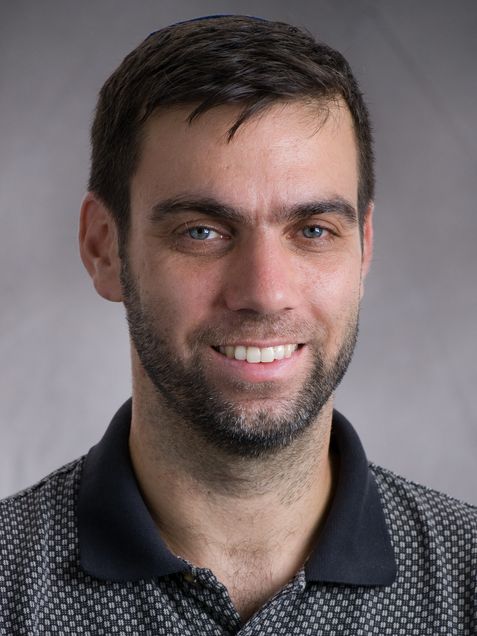BU Researchers Propose Method for Controlling COVID-19 through Cellphones
 CISE faculty affiliate Ari Trachtenberg along with fellow Boston University Computer Science professors Mayank Varia, and Ran Canetti recently published a paper that proposes a method for using cellphones to track COVID-19, while protecting user privacy.
CISE faculty affiliate Ari Trachtenberg along with fellow Boston University Computer Science professors Mayank Varia, and Ran Canetti recently published a paper that proposes a method for using cellphones to track COVID-19, while protecting user privacy.
The researchers write:
“Successful containment of the Coronavirus pandemic rests on the ability to quickly and reliably identify those who have been in close proximity to a contagious individual. Existing tools for doing so rely on the collection of exact location information of individuals over lengthy time periods, and combining this information with other personal information. This unprecedented encroachment on individual privacy at national scales has created an outcry that risks rejection of these tools. We propose an alternative: an extremely simple scheme for providing fine-grained, reliable and timely alerts to users who have been in the close vicinity of an infected individual. Crucially, this is done while preserving the anonymity of all individuals, and without collecting or storing any personal information or location history. Our approach is based on using short-range communication mechanisms, like Bluetooth, that are available in all modern cell phones. It can be deployed with very little infrastructure.”
Trachtenberg explains in his blog post, “When a person is tested positive for COVID-19, the person could choose (through the administering medical professional) to voluntarily share their list of random numbers — either their own generated numbers or the numbers that the app observed (we’re considering either scenario) with an authoritative site (e.g., the CDC), that would make the numbers publicly available.”
Read media coverage of the paper in The Brink, Techtalks, ZDNet, TechRepublic and Silicon.co.uk.